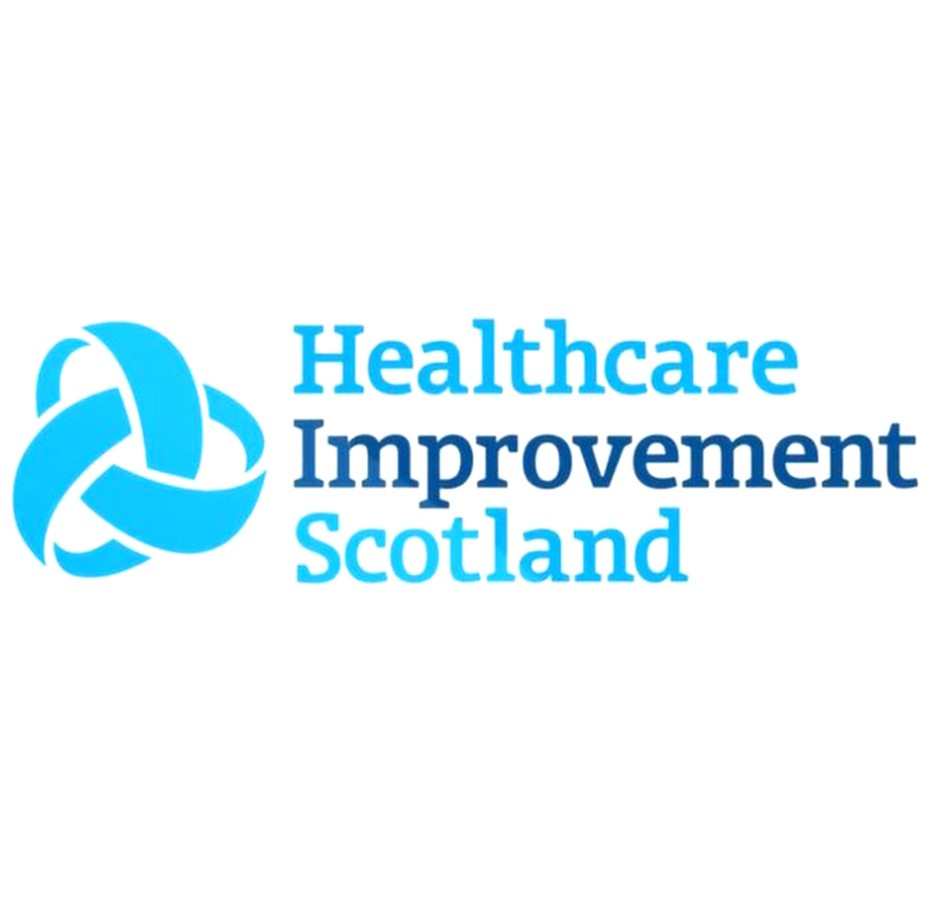SSRIs are better tolerated and are safer in overdose than other classes of antidepressant and so are often considered first line. Notes about specific SSRIs are given below.
- Sertraline: This may be a useful SSRI if there has been a recent cardiac event.
- QTCitalopram/escitalopram: Tablet and oral suspension available. It is useful for agitated depression/anxiety and relatively safe if the patient is at risk of seizures. There is a risk of QT prolongation and drug interactions. Review concurrent medications, refer to British National Formulary (BNF).
- Fluoxetine: It is long acting and offers low risk of withdrawal effects. It has many drug interactions so it may not be suitable in palliative care patients.
Side effects include:
- nausea, vomiting, anorexia, dyspepsia, diarrhoea
- risk of gastrointestinal (GI) bleeding - avoid or use with caution if history of GI bleeding, patient over 80 years or taking non-steroidal anti-inflammatory drugs (NSAIDs)/aspirin
- insomnia, sweating, impaired sexual function
- vivid dreams, agitation, hyponatraemia
- risk of serotonin syndrome in combination with other serotonergic medicines, for example tricyclics and some opioids.

